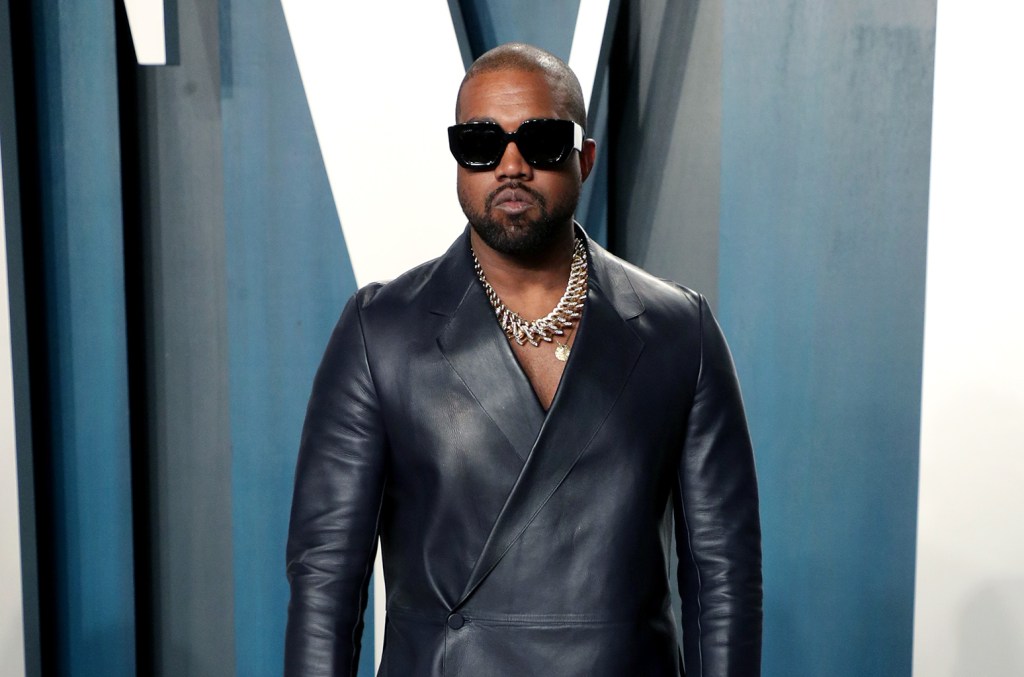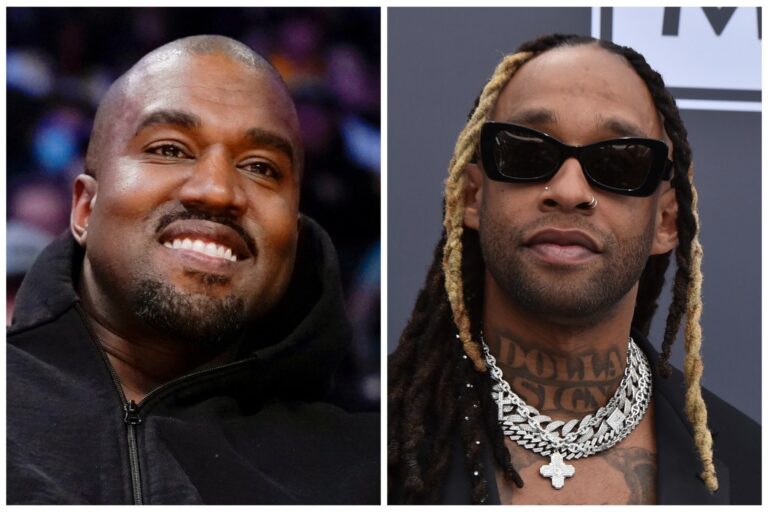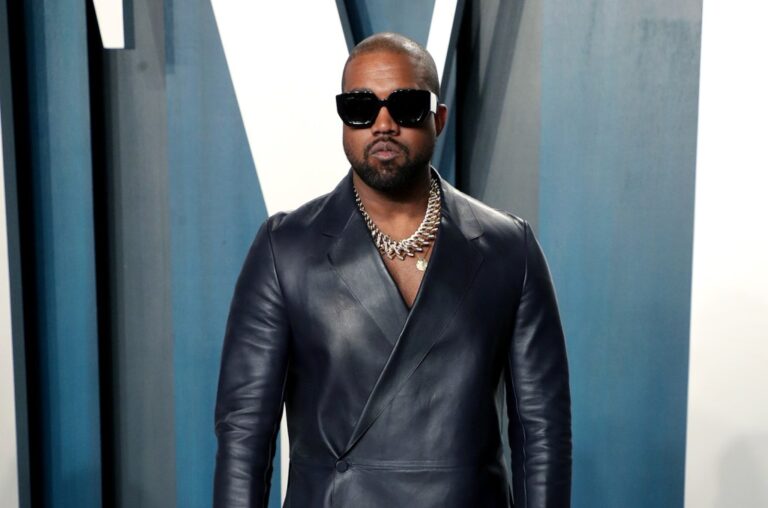Discover How Kanye West’s New Album ‘Vultures 1’ Earned Over $1 Million in Just One Week
Hey there, music lovers! Get ready to dive deep into the world of music industry dynamics with the latest news surrounding Kanye West’s groundbreaking move towards artist-friendly income splits and transparent contracts. In a series of tweets back in September 2020, West shared his “NEW RECORDING AND PUBLISHING DEAL GUIDELINES” advocating for a significant 80% cut for musicians and simplified contract terms. According to West’s proposal, artists would retain ownership of copyright in their recordings and songs, merely leasing them to record labels or publishers for a limited period.
Fast forward to his latest album release, Vultures 1, a collaborative effort with Ty Dolla $ign, where West has taken a unique path by partnering with a distribution company, Label Engine, instead of a traditional label. This strategic move allows West and Ty Dolla $ign to potentially earn more than the previously mentioned 80% cut, considering the ownership and revenue-sharing model in place.
Billboard’s estimates reveal that Vultures 1, securing the top spot on the Billboard 200 chart, generated over $1 million in revenue during its debut week in the United States. This substantial income primarily stemmed from streaming services, resulting in around $892,000 from nearly 169 million on-demand streams, with additional earnings from sales amounting to approximately $145,000.
Comparing this success to West’s early days in the major label system, the stark differences are evident. Documents shared by the rapper in 2020 highlighted his initial contract terms, which stipulated a modest 14% royalty rate on U.S. album sales. The challenging aspect of recoupment, where all advances needed to be recovered before receiving royalties, placed a significant burden on West’s earnings under the traditional royalty deal framework.
Delving into the financial implications, a hypothetical scenario illustrates the hurdles faced by artists in the older model. For instance, a $1 million recoupable expense associated with an album release would require generating over $7 million in total sales income to start earning profits. In contrast, Vultures 1’s impressive $1 million royalties within a week showcase the potential of the new distribution model in maximizing financial returns for artists like West and Ty Dolla $ign.
The widespread acclaim for Vultures 1 as a milestone for the independent music sector sparks a crucial distinction in West’s current status. While technically independent sans a major label, the rapper’s established career trajectory and past major label collaborations blur the lines of true independence, akin to calling a retired NBA player an amateur athlete.
West’s journey, intertwined with Usher’s recent Super Bowl performance as an “independent artist,” emphasizes the pivotal roles major labels played in both artists’ rise to stardom. From lavish album budgets to extensive promotional efforts, record companies significantly influenced the artists’ success and cultural impact in earlier years.
Reflecting on West’s deals with Universal Music Group for albums like Yeezus and The Life of Pablo, the substantial advances and promotional investments shed light on the major label’s instrumental support in propelling his career. While West currently enjoys a more significant share of music profits, his diverse revenue streams, including a notable $19 million single-day clothing sales figure, underscore his diversified income sources beyond music.
As we navigate the evolving landscape of the music industry, Kanye West’s visionary approach towards artist-centric deals and distribution models heralds a paradigm shift in empowering musicians to reclaim ownership and reap the rewards of their artistic endeavors.







